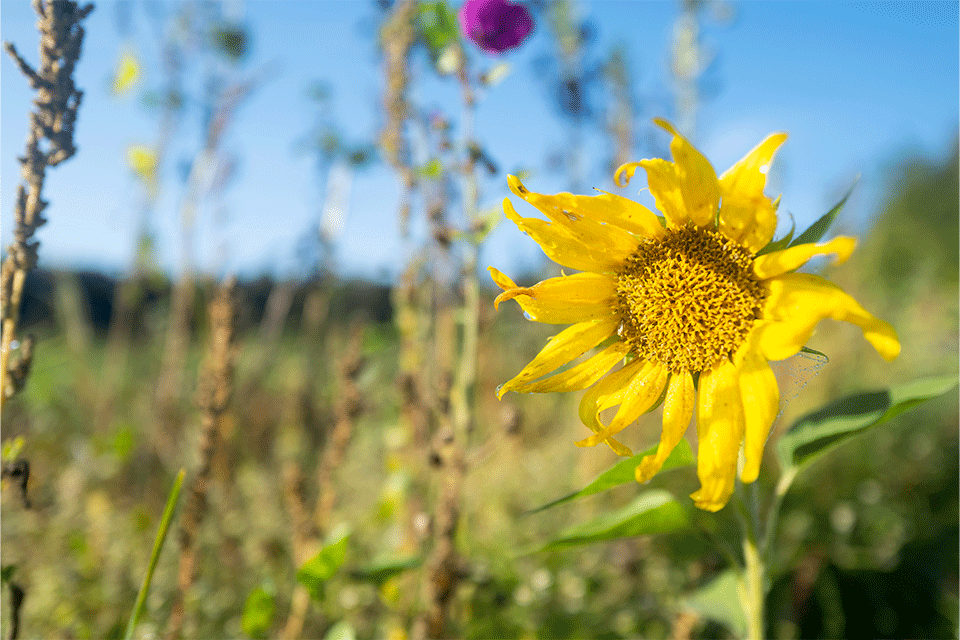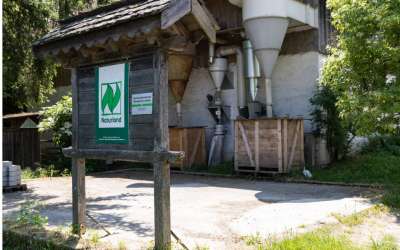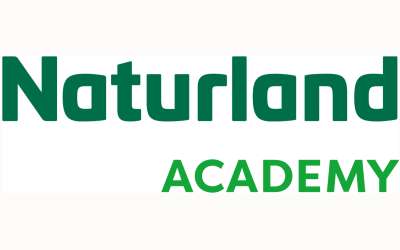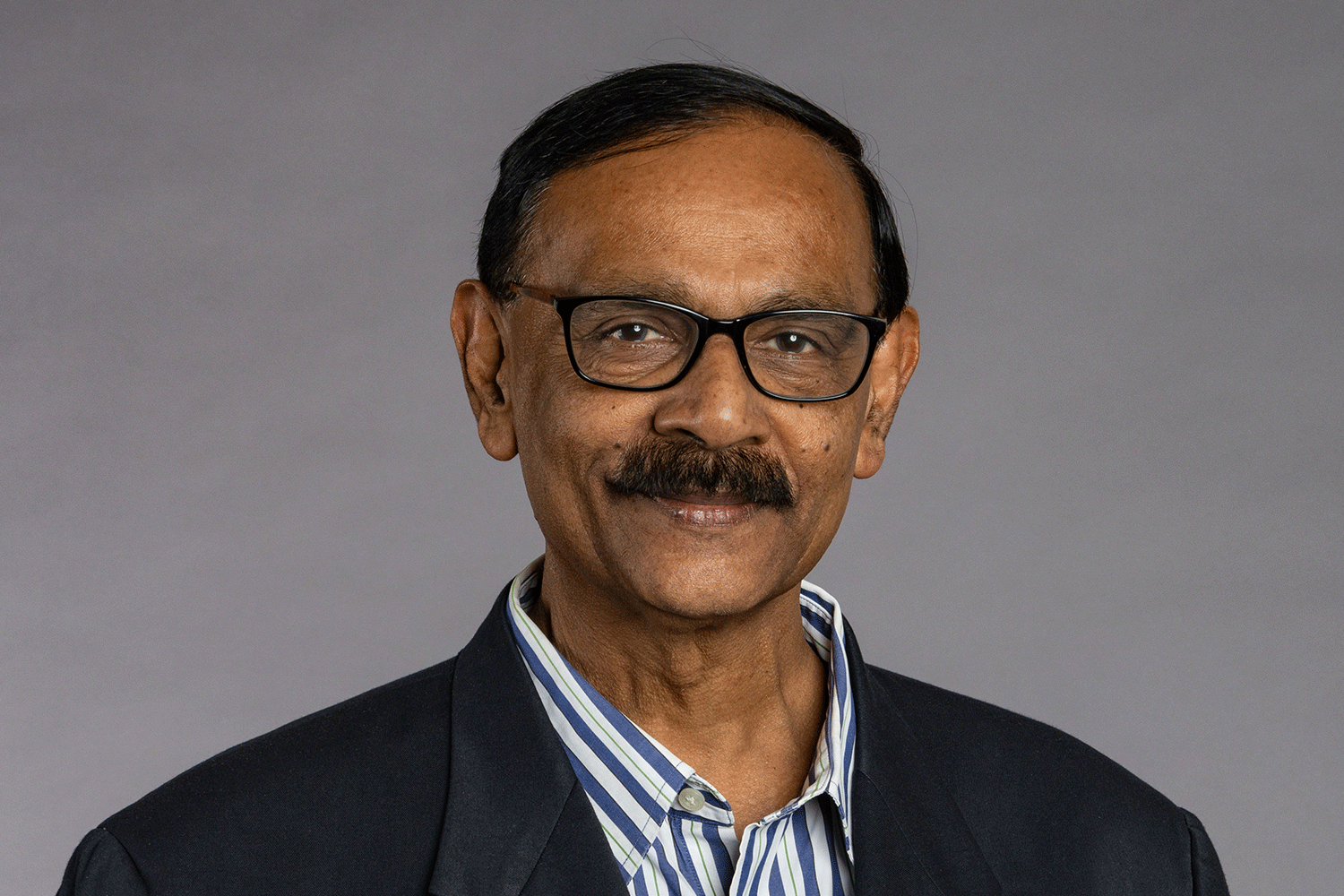Naturland for climate-resistant agriculture against hunger
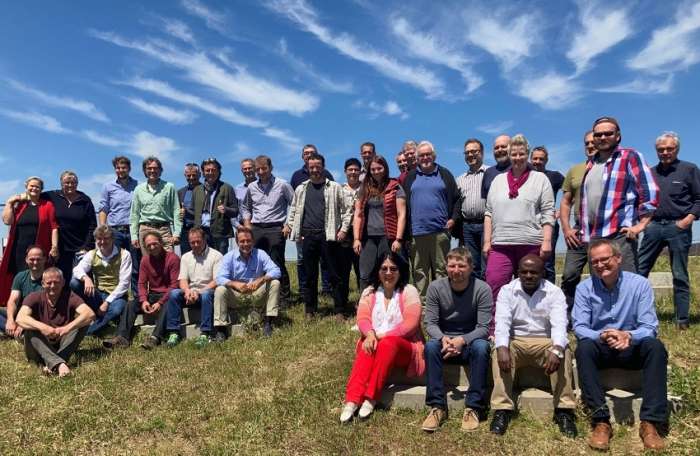
News
Crisis in the agro-industrial model: President Hubert Heigl warns of a rollback of the agricultural turnaround at the Naturland delegates' meeting.
Pfaffenhofen a. d. Ilm – Ukraine war, disrupted supply chains, massive price increases in all areas of life: The large number of current crises also poses considerable challenges for the agriculture and food industry. "But right now there shouldn't be a backward roll in the long overdue agricultural turnaround," warned Naturland President Hubert Heigl at the two-day delegates' meeting of the organic association in Pfaffenhofen an der Ilm.
“What we are currently experiencing in agriculture is also a crisis in the agro-industrial model, which is highly dependent on the use of energy-intensive artificial fertilisers. This model has failed and will not secure world food supply, especially not in the long term," said Heigl. Rather, it is a question of further developing agriculture in such a way that it contributes to solving the multiple crises. "We need a type of agriculture that produces enough healthy food, protects biodiversity, soil, water and climate at the same time and offers farmers worldwide a secure livelihood. It is precisely this system approach that organic farming has been successfully pursuing for decades and is therefore an indispensable model right now," said Heigl.
BÖLW board member Wewer: "There is no organic crisis in retail"
Guest speaker Marcus Wewer, Board Member for Trade of the Bund Ökologische Lebensmittelwirtschaft (BÖLW), emphasized that organic is still in demand despite the current decline in sales. “The Corona increase, from which organic products in particular benefited, is over. We are returning to normal here," said Wewer. In addition, general inflation is making consumers more price-sensitive, including with organic. "This is currently hitting some health food stores hard, but overall organic sales are falling less than with conventional foods. There is no organic crisis in retail," emphasized Wewer. At the same time, the BÖLW board of directors called for an initiative by the federal government to strengthen organic in out-of-home catering. "When people return to their jobs now, they won't find any organic offerings in the canteen. That has to change, otherwise we'll already lose sight of the 30 percent target," Wewer warned.
Naturland President Heigl in turn called for the speedy introduction of the planned husbandry labeling. "Only a four-tier system with its own organic level based on the egg labeling model, as planned by Minister of Agriculture Cem Özdemir, offers real transparency. In this way, people can consciously choose organic as the best product. Everything else is diversionary maneuvers," emphasized Heigl, who is also a member of the competence network for livestock husbandry, the so-called Borchert Commission.
Naturland strengthens biodiversity in banana cultivation
During the two-day meeting, the Naturland delegates also decided on a number of policy changes, such as a significant increase in biodiversity in banana cultivation. In the future, Naturland will have to grow bananas either in agroforestry systems or in mixed cultures. If this is not the case, up to ten percent of the area must be loosened up with structural elements such as hedges, bushes and trees. Large-scale cultivation in monocultures without biodiversity elements, as permitted by the EU Organic Regulation, is therefore ruled out. In practice, the Naturland banana farms already focus more on diversity in cultivation and on the inclusion of legumes to improve the soil. Naturland has already had similar regulations for the cultivation of tropical permanent crops for coffee and cocoa. Other policy changes included the latest adjustments to the new EU organic regulation. In addition, the processing rules for vegan foods such as plant-based drinks or tofu, which were previously scattered in different sections of the Naturland standards, have been combined in a common chapter "Plant-based foods".
About Naturland e.V.
Naturland is the world’s largest international organic association. Over 140,000 farmers from 60 countries have shown that organic, social and fair farming in cooperation with one another can be successful. More than 4500 organic farms belong to this community in Germany alone. The majority of Naturland farmers around the world are organised in small farming cooperatives and producer associations.




